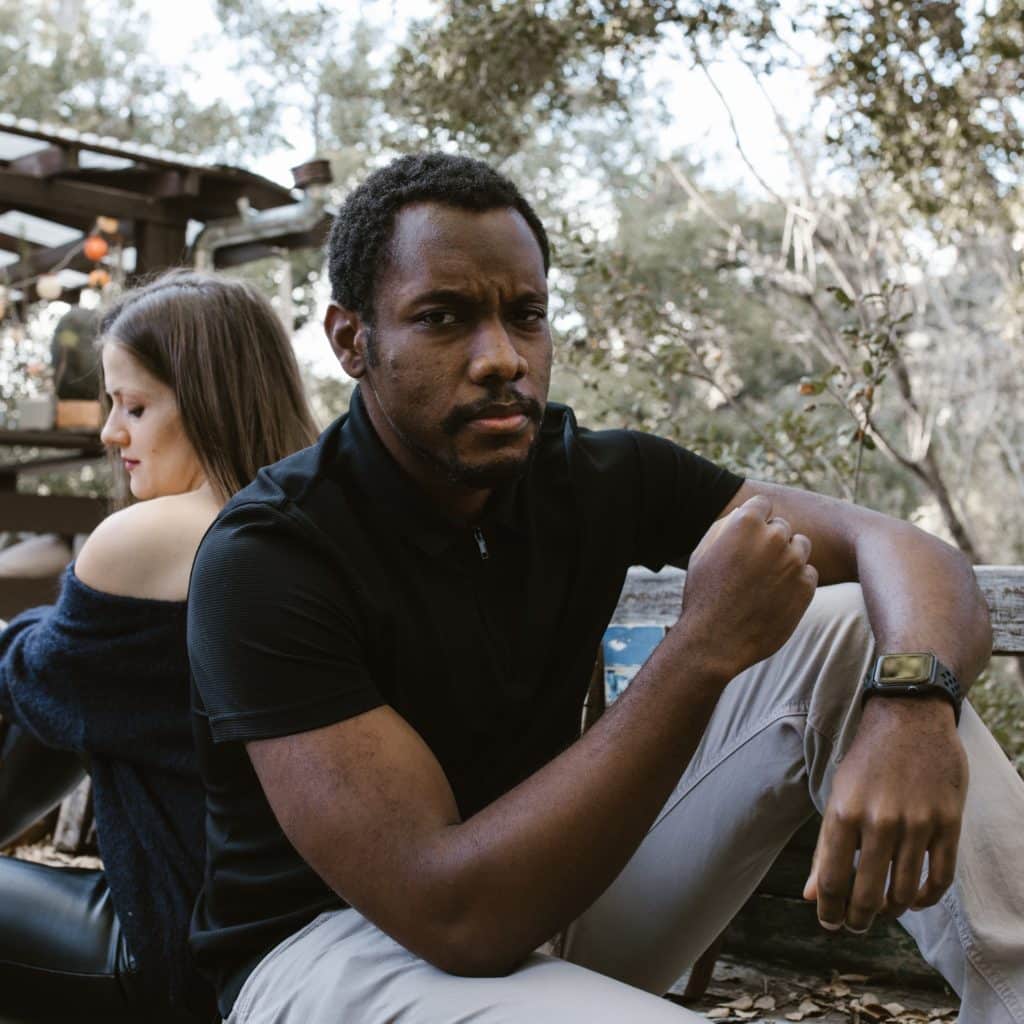What is it like to date or be in a relationship with someone who has an avoidant personality disorder (AVPD) or Avoidant Attachment Style?
If you’re trying to start and maintain a romantic relationship with someone who has an avoidant disposition, you’ll find it difficult.
The experience can be frustrating and unsatisfying if such conditions are not met. First, you must list the signs and symptoms of this hard personality type.
Is it possible for avoidants to fall in love?
When people with avoidant personality disorder (AVPD) or avoidant attachment style try to protect themselves, they may appear cold or distant.
Many persons with AVPD reports go extended amounts of time without speaking to close relatives and loved ones.
AVPD is classified as a very pervasive disorder. Its consequences are long-term and affect all aspects of one’s life.
According to the Diagnostic and Statistical Manual of Mental Disorders (DSM-IV-TR)
A pattern of social inhibition, feelings of inadequacy, and hypersensitivity to negative comments in a range of situations, as shown by four (or more) of the following:
- Fears judgment, disfavor, or humiliation, avoiding occupational activity requiring extensive interpersonal contact.
- He is hesitant to commit to someone until he knows we will love him.
- Shows caution in personal dealings due to a fear of being shamed or mocked.
- In social situations, he is afraid of failing or rejection.
- He is held back in new emotional conflicts due to self-doubt.
- Considers oneself to be socially awkward or unattractive to others.
- He is unusually hesitant to take personal risks or participate in new activities for fear of embarrassment.
Although the following criteria do not directly address the influence of this personality disorder on romantic relationships.
The symptoms can seriously impact a romantic relationship’s quality and level of emotional closeness.
Relationships and Avoidants
Relationships are generally hard and emotionally draining for males or females with an avoidant mentality. These people have built a self-sufficient mindset throughout their lives (meeting their physical and emotional needs).
They are uneasy and even angry when romantic partners rely on them to meet emotional needs.
Because they have become almost totally reliant on themselves, these people are afraid to share any emotions, and they often lack self-awareness when trying to understand their feelings, making other people’s emotions even more puzzling and annoying. In summary, avoidant types of dislike and fight back any negative emotions, whether they are their own or those of others.
What happens when the avoidant personality encounters negative feelings?
They hide and detach themselves, which is, in clinical terms distancing behavior.
In an outward try to detach from the personal and the emotional content, they avoid physical contact (from handholding to hugging to sexual activity) and any serious talk.
How can avoidants enhance their relationships?
Knowing how AVPD affects relationships is helpful because it lets them know they’re not alone in their hard times.
And that just because they don’t think they’re being looked after doesn’t mean they are.
Finally, avoidants can have healthy and fulfilling relationships just like everyone else. It is especially the case when they are aware of the problems they will face and have ready ways of dealing with them.
Getting assistance with attachment difficulties in relationships
Professional help can help you learn coping skills and create or improve relationships.
If you’re having a challenging time with relationship issues, contact Kazmo Brain Center, a counseling center in Texas specializing in mental health. It will work with you toward a happier life. Suppose you are facing problems with your relationships and think you need help fixing them. In that case, Dr.Leza(Reza) Kazemi-Mohammadi at Kazmo Brain Center can help.







